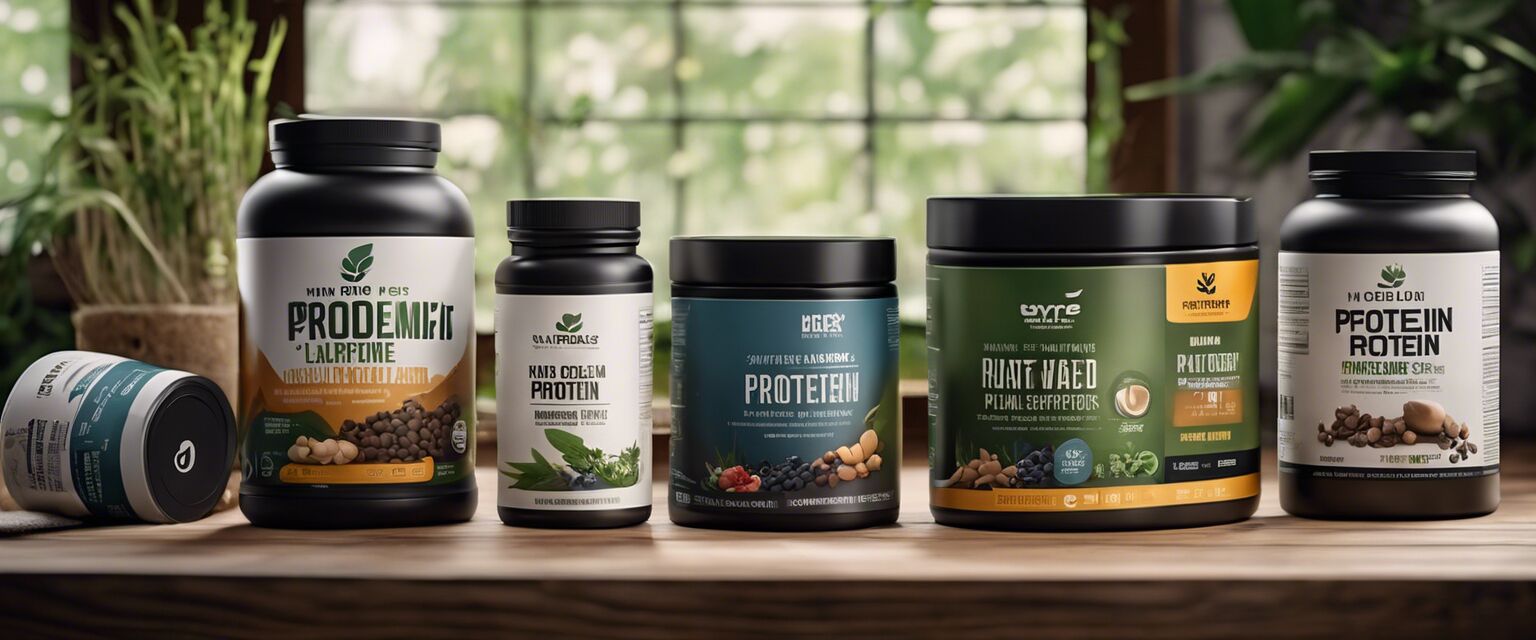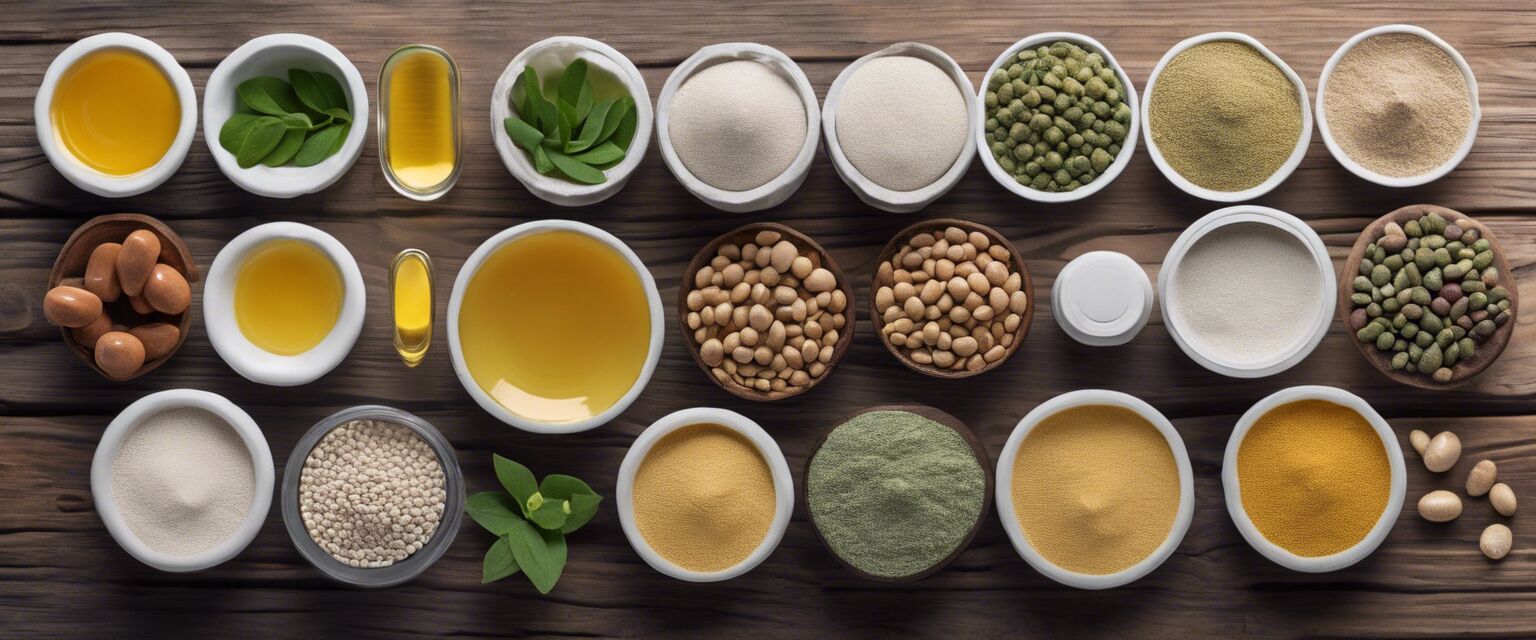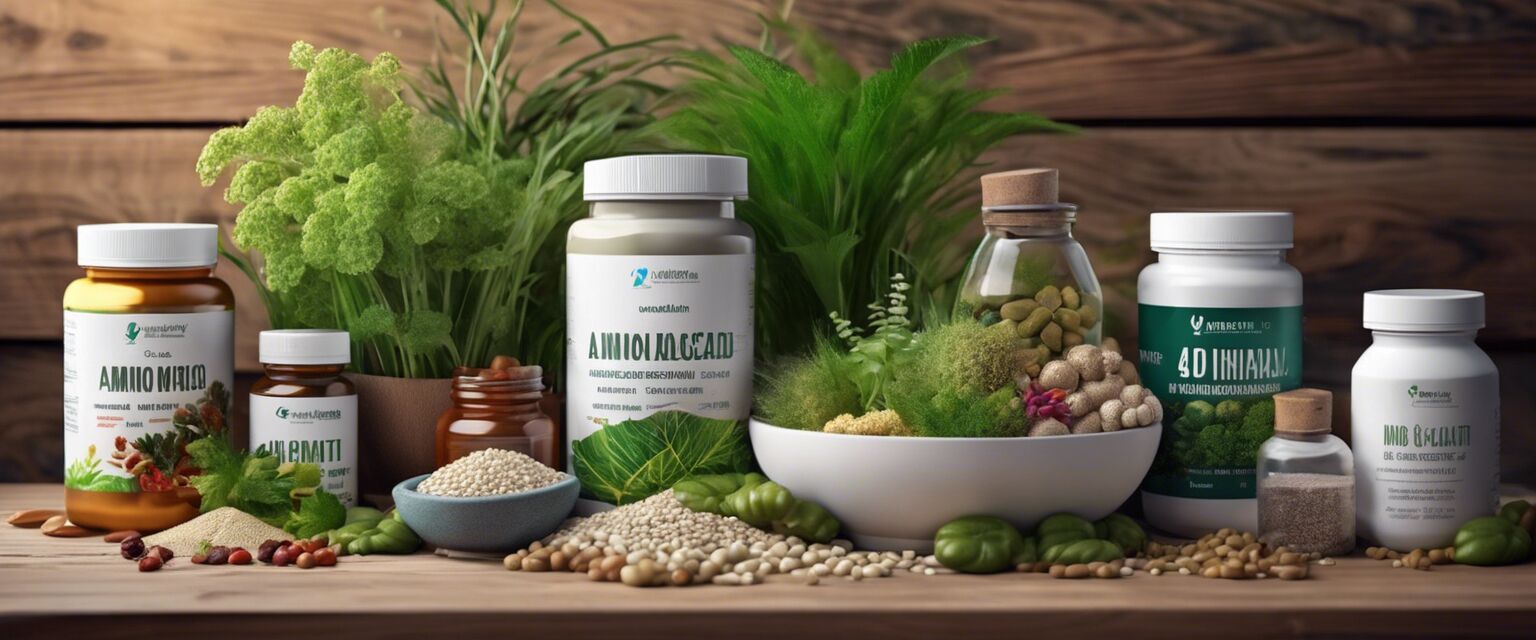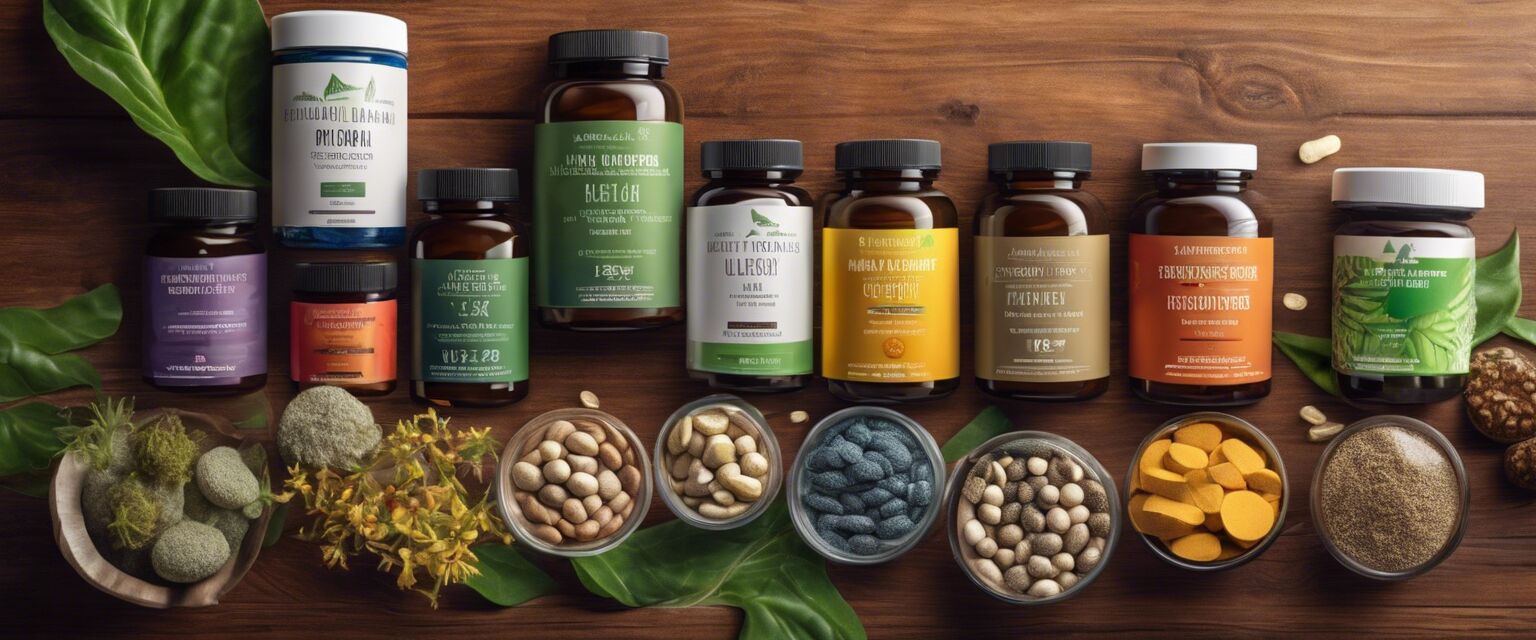
Protein Supplements
Key Takeaways
- Plant-based protein supplements are ideal for bodybuilders seeking vegan options.
- Different types of protein sources cater to various dietary needs.
- Understanding protein content and amino acid profiles is essential for optimal performance.
- Supplementation can aid in meeting daily protein requirements.
In the world of bodybuilding, protein is a vital nutrient that contributes to muscle growth and recovery. For those following a vegan or vegetarian diet, plant-based protein supplements offer an excellent alternative to traditional animal-based options. This guide will explore the various types of plant-based protein supplements available, their benefits, and how to choose the best ones for your fitness goals.
Types of Plant-Based Protein Supplements
Plant-based protein supplements come in various forms, each derived from different sources. Below is a breakdown of the most common types:
| Protein Source | Protein Content (per serving) | Amino Acid Profile |
|---|---|---|
| Pea Protein | 20-25g | Rich in branched-chain amino acids (BCAAs) |
| Brown Rice Protein | 15-20g | Complete protein with essential amino acids |
| Hemp Protein | 15g | Contains omega fatty acids and fiber |
| Soy Protein | 20-25g | Complete protein with all essential amino acids |
| Pumpkin Seed Protein | 20g | High in magnesium and zinc |
Benefits of Plant-Based Protein Supplements
Plant-based protein supplements offer numerous advantages for bodybuilders and fitness enthusiasts:
- Rich in nutrients: They provide essential vitamins and minerals.
- Digestive health: Many plant proteins are easier on the digestive system.
- Allergen-friendly: They are suitable for those with lactose intolerance or dairy allergies.
- Environmental impact: Plant-based options have a lower carbon footprint compared to animal sources.
How to Choose the Right Protein Supplement
Selecting the right protein supplement can be overwhelming. Here are some tips to help you make an informed decision:
Beginners Section
- Identify your dietary needs: Consider any allergies or dietary restrictions.
- Check the protein content: Aim for a product that provides adequate protein per serving.
- Look for quality ingredients: Choose products with minimal additives and fillers.
- Evaluate the amino acid profile: Ensure it contains a good balance of essential amino acids.
Popular Plant-Based Protein Brands
There are many brands offering plant-based protein supplements. Here are a few notable ones:
| Brand | Protein Source | Flavor Options |
|---|---|---|
| Orgain | Pea, brown rice, chia | Chocolate, vanilla, cookies & cream |
| Vega | Pea, hemp, savoy cabbage | Chocolate, vanilla, berry |
| Garden of Life | Pea, sprouted brown rice | Chocolate, vanilla |
| Sunwarrior | Brown rice, pea, hemp | Natural, chocolate, vanilla |
How to Incorporate Protein Supplements into Your Diet
Integrating protein supplements into your diet can enhance your overall protein intake. Here are some ideas:
- Mix with smoothies: Blend protein powder with fruits, vegetables, and plant-based milk.
- Add to baked goods: Incorporate protein powder into muffins, pancakes, or energy bars.
- Use in cooking: Stir protein powder into soups, sauces, or oatmeal for a protein boost.
- Drink after workouts: Consume a protein shake post-exercise to support muscle recovery.
Potential Drawbacks of Protein Supplements
While protein supplements have many benefits, consider these potential drawbacks:
Pros
- Convenient source of protein.
- Helps meet protein needs easily.
- Variety of flavors and types to choose from.
Cons
- May cause digestive discomfort for some.
- Can be expensive compared to whole food sources.
- Not a complete substitute for whole foods.
Conclusion
Plant-based protein supplements can be a valuable addition to the diets of bodybuilders and fitness enthusiasts. By understanding the different types of protein sources, benefits, and how to incorporate them into your daily routine, you can enhance your performance and support your fitness goals. Remember to choose high-quality products and consult with a nutritionist if you have specific dietary concerns.







